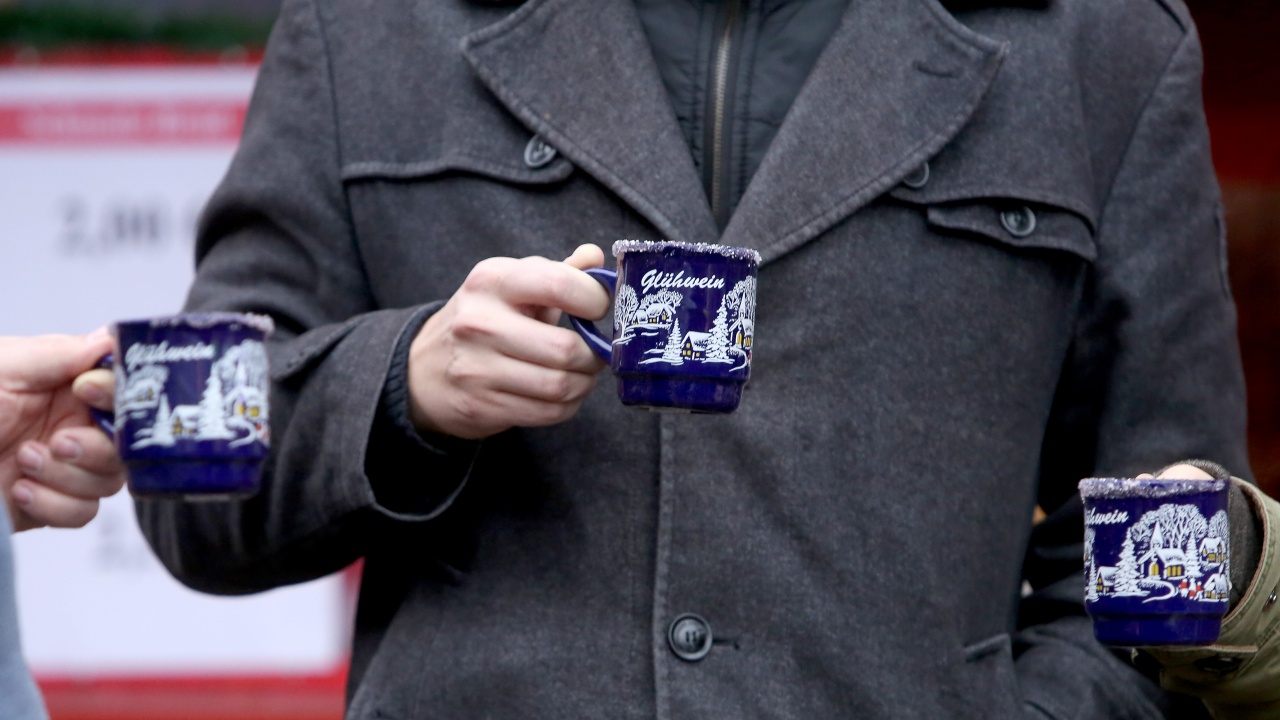Christmas markets, which are iconic to Germany, are already delighting both locals and tourists in the country.
This year, however, they will pass under the sign of energy conservation and galloping inflation.
Unlike the last two years, now the incidence of COVID-19 and the wearing of masks are not the main concerns of traders and visitors to the Christmas markets.
The inflated prices of almost everything offered in the German bazaars are the focus of the guests' attention.
In Stuttgart, for example, the price of a glass of mulled wine has jumped by almost 30%.
If last year it cost 3.50 euros, its current price is a euro more and this year it is sold for 4.50.
An increase in the price of the traditional punch for children is also reported in a number of cities.
Growth here is again around 30%.
The food on offer at Christmas markets this year will also cost more.
At many Christmas markets, in order to save on electricity, the organizers reduce the duration of the lighting.
In Dusseldorf, for example, the lights will only work from 5 to 10 p.m.
Other cities have fewer lights this year or reduced hours, and many places are missing traditional ice rinks to save energy.
However, the Christmas markets await their visitors with the traditional mulled wine and candied almonds, although the lighting is more sparse and the prices are higher.
